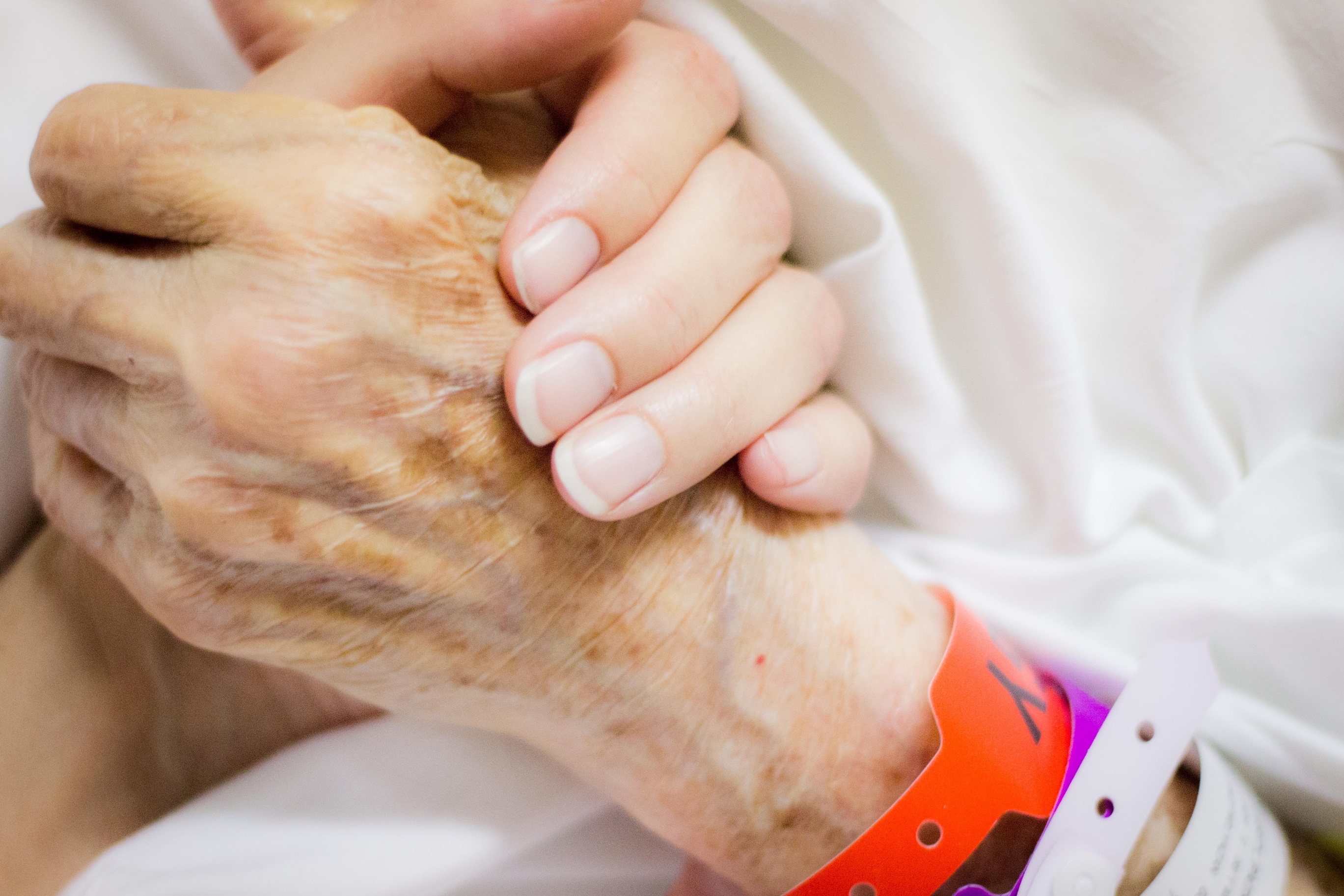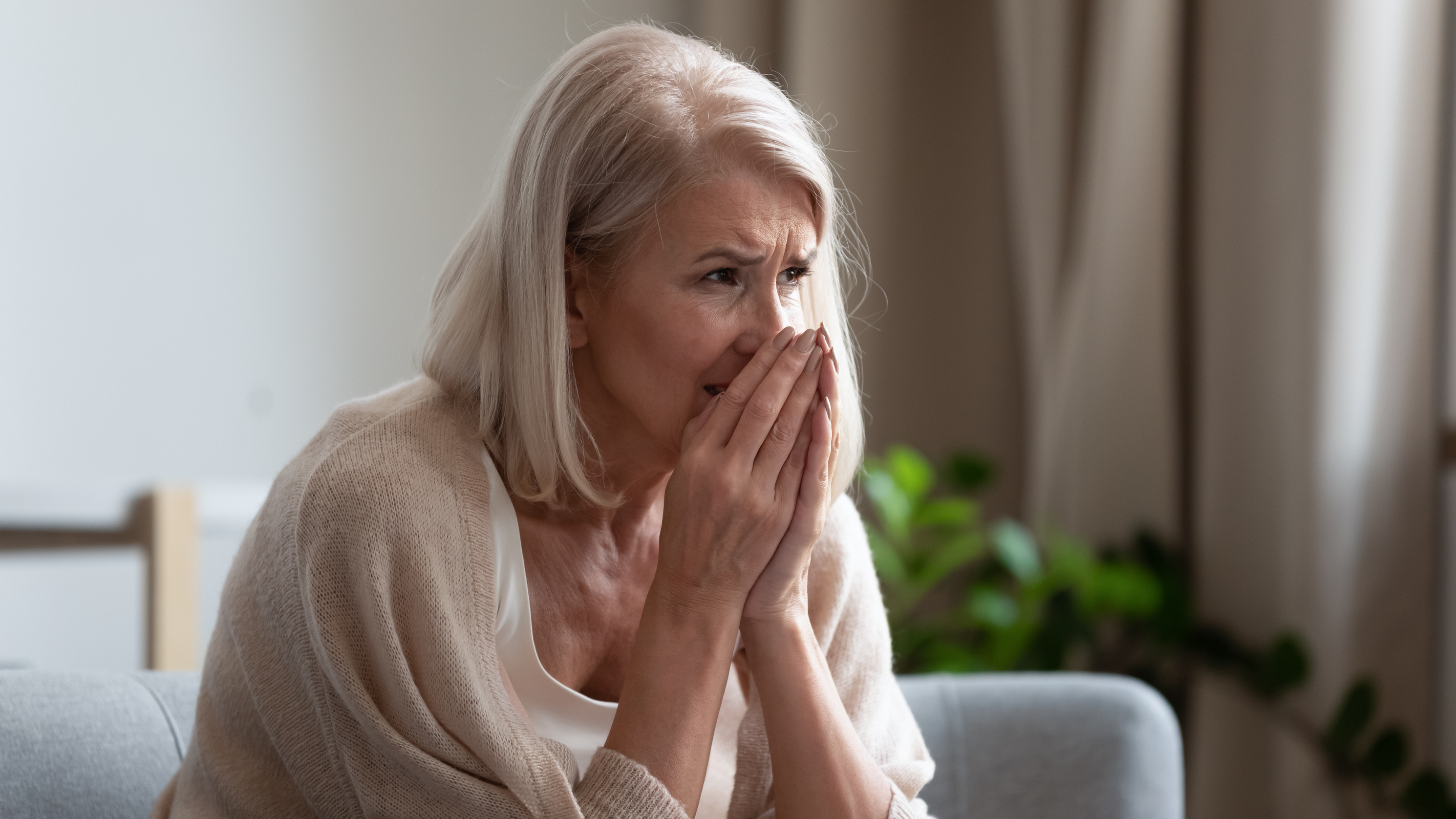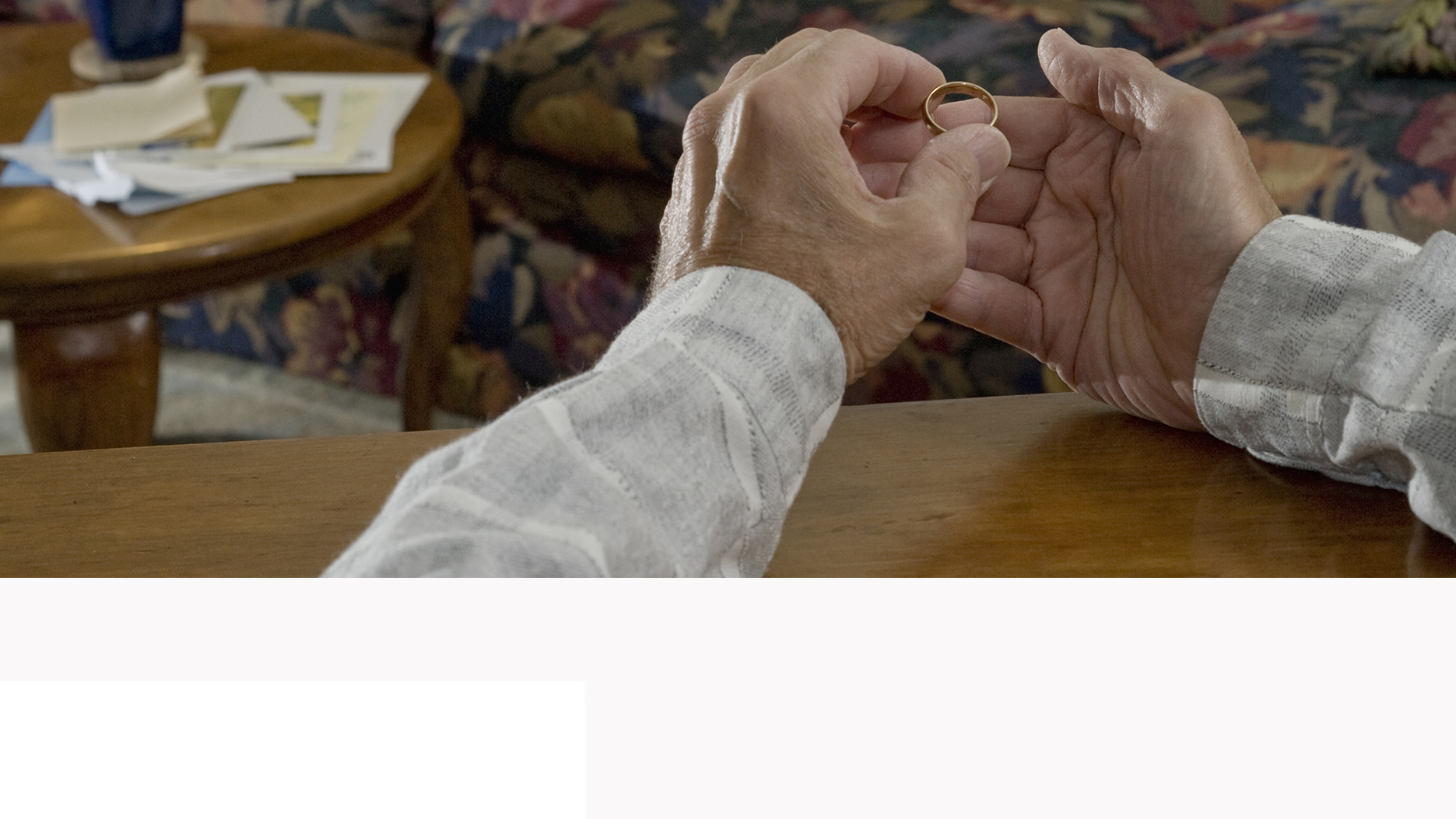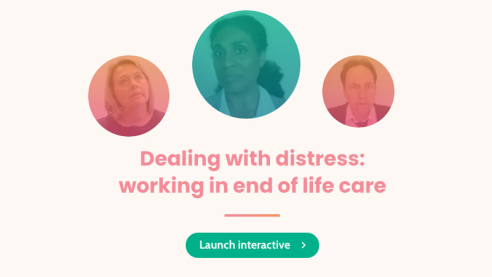Find out about The Open University's Health and Social Care courses and qualifications.
In the UK, many deaths occur in hospital and few people have witnessed someone dying. This article addresses some of the common key questions people have about dying and the end of life, written by a palliative care consultant, Victoria Hedges, as part of The Ageing Well Public Talk (AWPT) Series.
In this first of a series of four OpenLearn articles linking to The Ageing Well Public Talk (AWPT) Series, structured around Five Pillars for Ageing Well that run every year at The Open University, we are going to discuss why we are so unprepared and what we all could do to find a different approach. Our series of articles will go into more detail about how we could prepare for a death at home or in hospital and how we can prepare for grief while ageing.
In the 2022/23 AWPT Series we brought in a talk on Taking control of dying with Victoria Hedges and Barbara Gale, which complemented the AWPT Series. They also shared with their audience in-depth answers to the questions ‘What do we need to know to age well?’ and ‘What do we need to know before we die and how do we die well?’

The question ‘when will I die?’
This can be a difficult question, at any time of life, but it can be particularly difficult for individuals living with the uncertainty of incurable illness. This might be cancer, heart failure, liver failure, kidney failure, chronic lung disease or neurological illness such as dementia or motor neurone disease. As a doctor specialising in palliative medicine, my job involves recognising when an individual is dying – by which I mean entering their last few days or weeks of life. I consider it my responsibility to acknowledge that a person is dying and communicate this with them and their loved ones. Answering ‘when will I die?’ is less about pinpointing a specific time and more about identifying when someone is in the dying phase.
What are the signs that I am dying?
When someone may have less than one month until they die, they often spend more and more time resting (in bed or in a chair); they sleep more and find that sleep is no longer refreshing. Activities become exhausting – getting dressed, washing, walking short distances. At this stage, people tend to lose their appetite and so may eat and drink very little. This is a source of worry for them and their loved ones. But it is important to know that at this stage, eating or drinking more is unlikely to help a person live longer, as this is part of the natural dying process.
What decisions will be made with me as I near the end of my life?
At this time, I will talk to people about stopping medications that no longer offer benefit and can be stopped without causing problems. It is such a relief for many to have fewer tablets, capsules, sprays, drops and liquids. I would encourage people to ask their medical teams: ‘do I still need all these medications?’
Furthermore, in my role I aim to protect the person from futile, burdensome, invasive medical interventions. This includes a discussion (if not already had) about ‘do not attempt cardiopulmonary resuscitation’ (DNACPR). This is because, when a person is dying, because of their underlying illness, disease or condition, their heart and/or breathing will stop, and it will not be possible to restart them. The decision to avoid resuscitation rests with the medical team but always includes the individual and their loved ones should they wish to be involved. It does not mean that we stop caring about the person. It heightens our attention on all treatments that will make them feel better. To explore this further see the short course about Death and medicine: postponement and promise. The focus is on dignity and optimisation of comfort.
These conversations, the planning, the medication changes, and much more, can be done at home and people can die at home. In the UK, people are supported to die at home, but the nature of what can be provided varies by area. Where I work, we have an excellent system for providing care during the daytime, but provision of medical and nursing care is less during evenings, weekends and at night.
What should I try to do, say, see?
I encourage people entering the last weeks of life to do everything and anything they can do or need to do. This may often include will writing, practical arrangements, seeing loved ones, friends, pets … saying what they need to say, while they still can. Do this as soon as you can.
Ask – am I dying, when will I die, can I stop my medications, what services are available for me and my family and loved ones?What should I or my loved ones expect in the last hours or days before dying?
Dying is often a peaceful event, whereby the person sleeps more, stops eating and drinking, stops speaking, then dies. Sometimes symptoms such as loud and wet breathing, restlessness, pain, breathlessness, bleeding, seizures and distress or agitation can arise – and can be difficult to cope with at home. I try and warn the person and their family, and prescribe medications to address common symptoms, but dying can be unpredictable.

What needs to happen after a death?
After someone has died, among the awful sadness, shock and loss, panic can set in. What happens next – how do we organise everything, what about registration of the death and planning a funeral? The medical team in a GP practice, hospice or hospital will provide the medical certificate of cause of death. When a death is expected, it should be registered in five days. The UK government website What to do when someone dies is helpful, covering how to register the death, organise a funeral, notify government departments and deal with the estate. It also provides contact details of local registry offices.







Rate and Review
Rate this article
Review this article
Log into OpenLearn to leave reviews and join in the conversation.
Article reviews